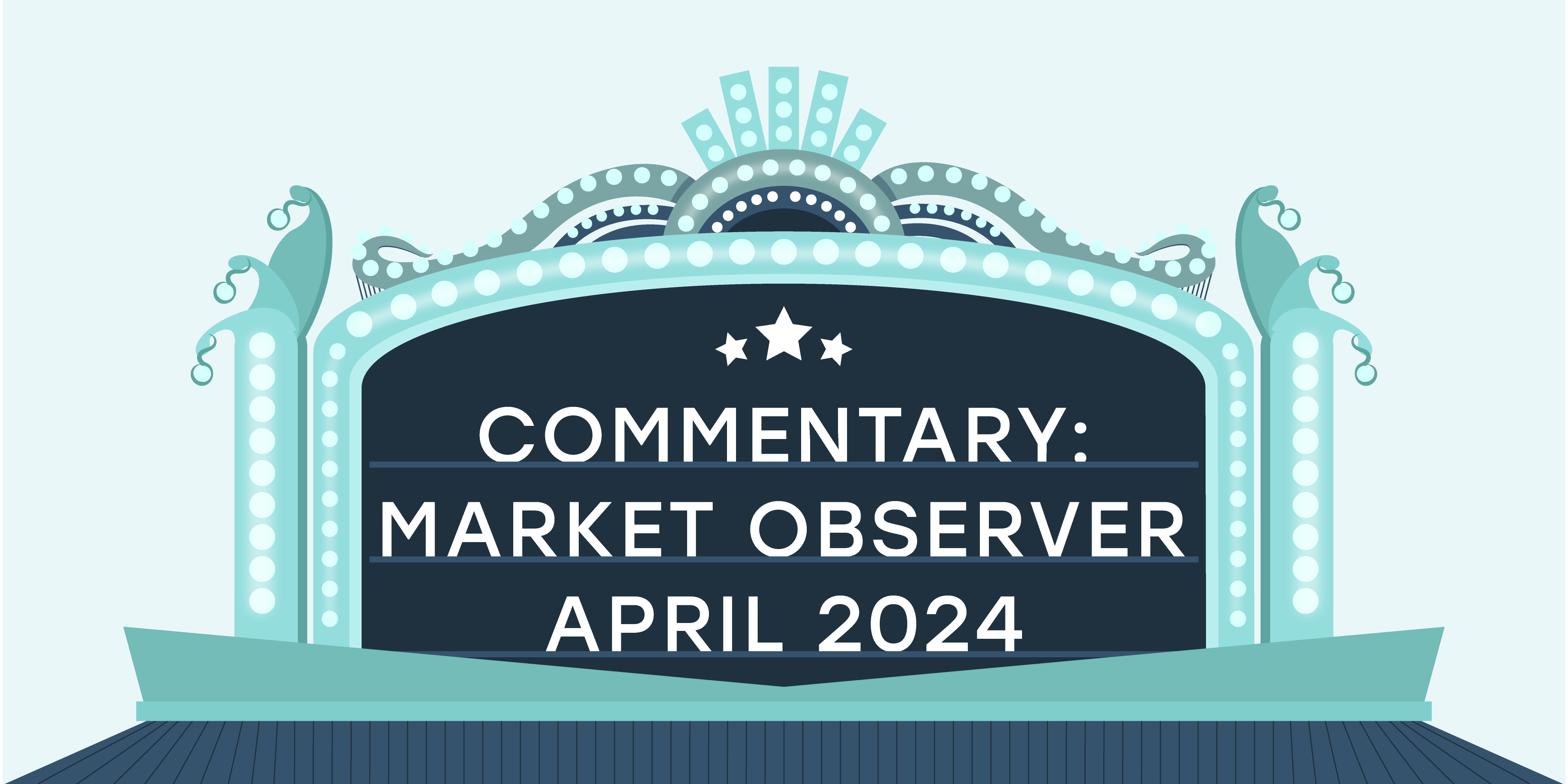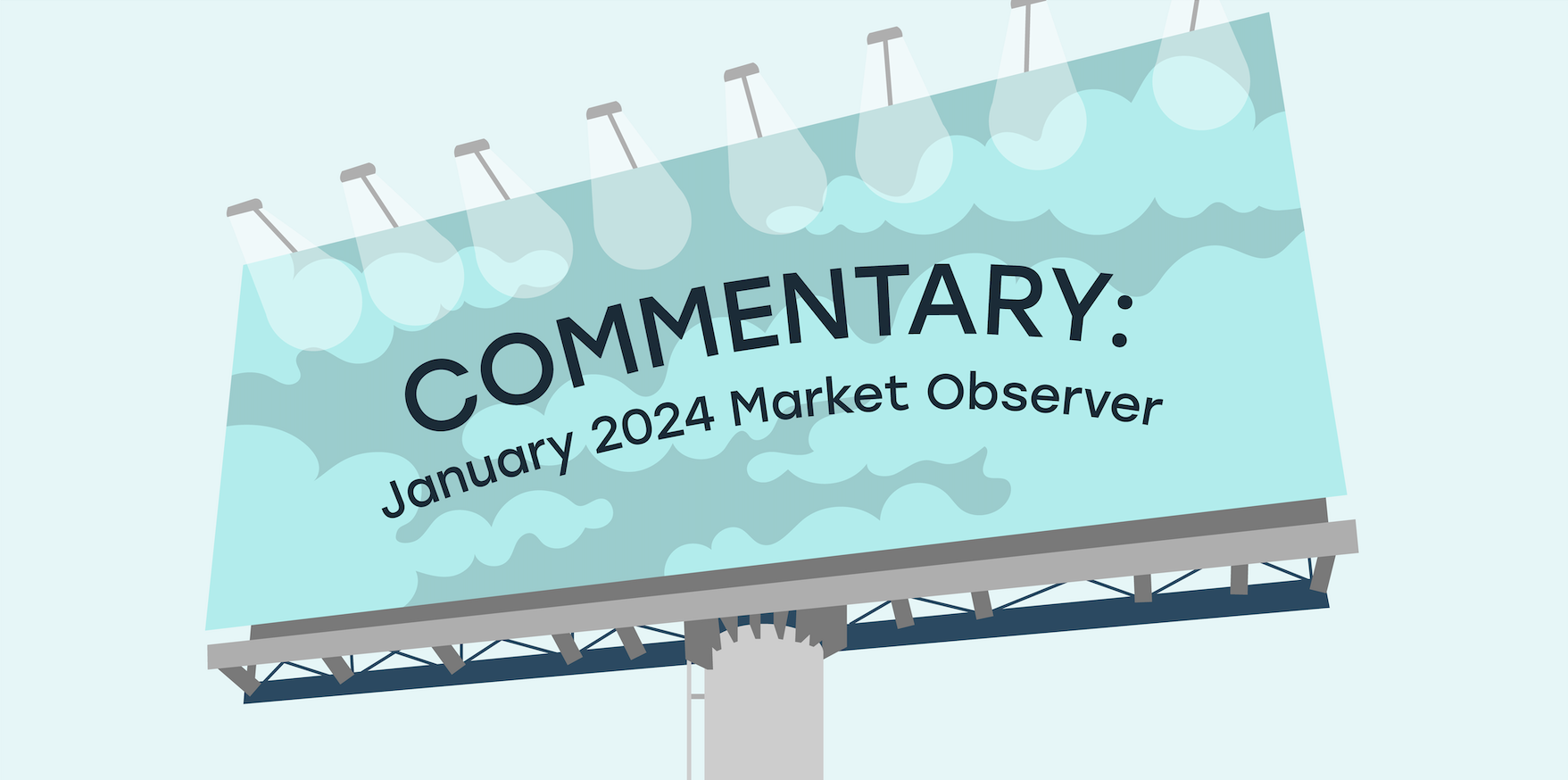Stocks burst out of the gates to start 2024 and not just the Magnificent Seven. Although the Magnificent Seven helped drive index advances, it was well shy of the two-thirds they contributed to the S&P 500’s 2023 return. Meanwhile, year-to-date bond returns are flat or negative, as higher prevailing yields sent bond prices lower amid positive economic news.
Canso Investment Counsel Ltd.’s April 2024 Market Observer notes that “bond investors were comfortable with assuming a 2% inflation rate prior to the pandemic, as they were confident in central banks’ ability to keep their inflation risk low. The unprecedented monetary stimulation during the pandemic and the subsequent highest inflation in 40 years challenged that confidence and the prior beliefs of investors.”
The folly of forecasting
“We don’t forecast economics or markets at Canso and instead concentrate on the valuation of the securities in our portfolios,” the latest Market Observer says.
“We think the monetary stimulation during the pandemic still has the potential to keep inflation higher than many think.”
As a result, the Canso portfolios are positioned very conservatively at this time – the most conservative they’ve been in many years.
It’s critically important to realize that anyone can make a forecast, but that’s a far cry from making a bet and sticking with it.
RIP ZIRP
A return to zero interest-rate policy (ZIRP) is highly unlikely after the dizzying inflation that followed the COVID pandemic, and those odds got even longer when the Bank of Canada increased their neutral policy rate by 0.25 per cent. Canso’s experts believe this “means that short rates probably have a bottom end of 2 to 3%,” unless inflation drops sharply or we enter a pronounced recession.
Lower quality credit remains expensive in Canso’s opinion, as investors stretch for yield where the compensation doesn’t justify the credit risk assumed. They warn that “the credit excesses of the ZIRP period are only now being recognized.”
Housing: Boom or bust?
Canada and the U.S. may be on divergent paths when it comes to the housing market. Since the Global Financial Crisis, the U.S. tightened up its residential mortgage rules, while Canada did the opposite and made it possible for more people to secure a mortgage.
The Canadian economy is now more dependent on residential housing than ever before. According to Canso, “with housing sales approaching the lows in 2009 after the Credit Crisis, we think things will be quite a bit weaker in Canada compared to the U.S.” There’s also more potential weakness to the Canadian economy due to how mortgages are structured and the pervasiveness of variable rate mortgages.
For more of Canso’s thoughts and observations on inflation, interest rates, housing and mortgages, as well as recent market activity, check out the April 2024 Canso Market Observer.
DISCLAIMER: The views and information expressed in this publication are for informational purposes only. Information in this publication is not intended to constitute legal, tax, securities or investment advice and is made available on an “as is” basis. Information in this presentation is subject to change without notice and Canso Investment Counsel Ltd. does not assume any duty to update any information herein. Certain information in this publication has been derived or obtained from sources believed to be trustworthy and/or reliable. Canso Investment Counsel Ltd. does not assume responsibility for the accuracy, currency, reliability or correctness of any such information.





